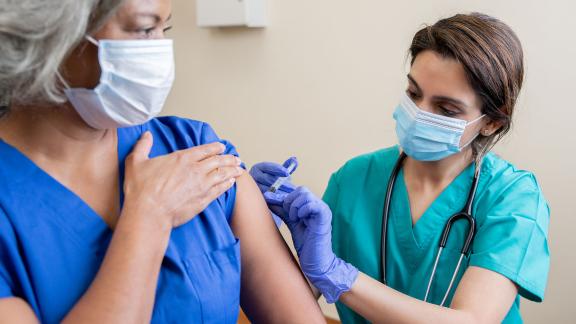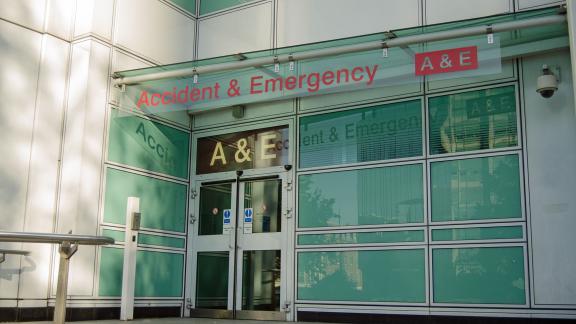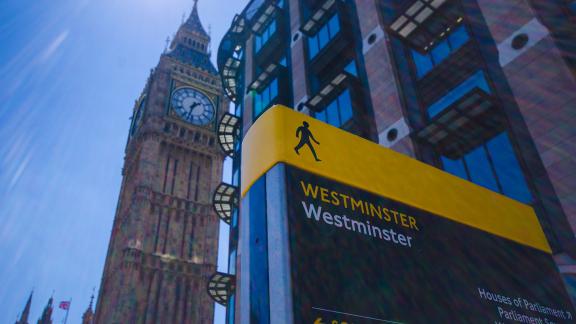Government urged to disclose risk assessment on making Covid and flu jabs compulsory for NHS workers

The NHS Confederation is calling on the government to publish details on how staffing levels across the NHS might be affected and how risks to patient care being disrupted would be mitigated when a mandate on workers to have their Covid-19 and flu vaccinations is introduced in England.
The Department of Health and Social Care’s consultation on its proposal to make vaccination against coronavirus and flu a condition of deployment for NHS workers recently closed and it is widely expected that a mandate will be introduced, with the Secretary of State stating recently that he is “leaning towards” making them compulsory.
Many health leaders can see the potential benefits of such a mandate and the NHS will act on the government’s final decision, while being clear that introducing the requirement in the run up to, or during, the winter period should be avoided given the increased demand for patient services that is expected.
Leaders need to understand how national staffing levels could be affected if the mandate is introduced and what additional support will be offered so that they can plan accordingly.
A similar mandate for people working in or visiting care homes is due to come into full force next Thursday (11 November). It was reported last month that 42,000 care home workers could end up leaving because of this. Also, nearly three quarters of respondents to a survey of over 7,000 care home staff revealed they believe staffing pressures will deteriorate further following the government’s requirement.
Around 90% of NHS staff have been double jabbed against coronavirus based on the latest figures and where vaccine uptake needs to increase within the local NHS sites, health leaders are continuing to support their teams, alongside following strict testing and infection control protocols. Last winter, around 80% of frontline health and care workers in England reported that they had received the flu jab.
Health leaders are concerned that any hit on NHS staffing levels as a result of a mandate could see patient care, including tackling the treatment backlog, responding to rising A&E attendances, primary care appointments, increased demand for mental healthcare, and ambulance callouts, becoming disrupted, as well as further pressure on remaining workers who are already reporting being close to burnout.
Matthew Taylor, chief executive of the NHS Confederation, said: “Staff across the NHS recognise their duty to make sure they are doing everything they can to protect their patients, colleagues and themselves from avoidable infections. This is exactly why the vast majority of health and care workers have been vaccinated against coronavirus already and why uptake for flu vaccinations nationally has consistently been high year on year.
“Mandating Covid-19 and flu vaccinations in the NHS could offer a further incentive for the remaining staff who are eligible but have not come forward yet to get jabbed. However, the impact this could have on staffing levels needs to be shared by the Government without delay.
“There are 93,000 vacancies across the NHS and at a time of increased demand for healthcare services, we simply cannot afford to see staff leave or be removed from frontline care.
“The Secretary of State has made it clear that tackling the treatment backlog is his key priority but if he is not careful, this policy could end up restricting the NHS’s ability to continue to do that effectively.
“We recognise this will be a difficult decision and our members will comply with whatever is decided but the Government must publish its risk assessment and set out how it will help mitigate any impact on patient care.”



